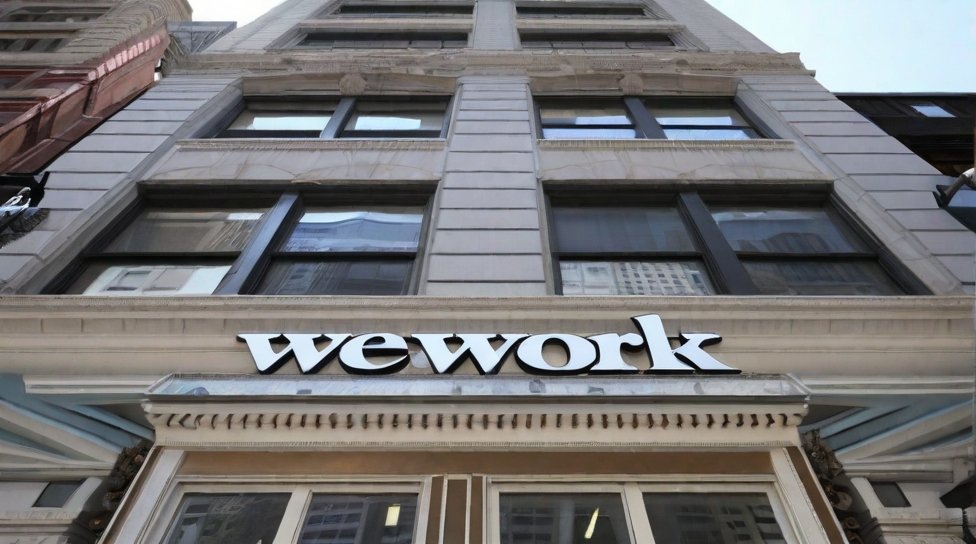The winds of change are blowing through the corporate landscape of South Korea, and Samsung C&T, the trading and construction arm of the Samsung Group, finds itself at the center of a brewing storm. A coalition of activist funds, led by Elliott Management and Altai Management, has joined forces to demand a significant shareholder return of 1.2 trillion won (approximately $1 billion USD) from the company. This bold move has sent shockwaves through the Korean business world, raising questions about corporate governance, shareholder rights, and the future of Samsung C&T itself.
Understanding the Landscape: Why Samsung C&T?
Samsung C&T has long been criticized for its opaque corporate structure and low dividend payouts. Despite holding valuable assets, including a stake in Samsung Life Insurance, the company’s share price has consistently underperformed the market. This has attracted the attention of activist investors, who see an opportunity to unlock hidden value and generate substantial returns for shareholders.
The Activists’ Demands: A 1.2 Trillion Won Windfall
The activist coalition’s core demand is a special dividend of 1.2 trillion won, which represents approximately 30% of Samsung C&T’s net asset value. They argue that this payout is necessary to address the company’s undervaluation and provide fair returns to shareholders. Additionally, they advocate for further corporate governance reforms, such as increased board independence and transparency.
Samsung C&T’s Response: Resistance and Negotiations
Samsung C&T’s initial response to the activist demands was one of resistance. The company argued that the proposed dividend would be financially imprudent and could harm its long-term growth prospects. However, facing mounting pressure from the activists and their growing support among other shareholders, Samsung C&T has softened its stance and entered into negotiations.
The Stakes are High: Implications for Samsung and Korea Inc.
The outcome of this corporate battle has significant implications for both Samsung C&T and the broader Korean corporate landscape. If the activists succeed, it could set a precedent for increased shareholder activism in Korea, leading to greater transparency and accountability for companies. For Samsung C&T, a large dividend payout could unlock value, boost its share price, and improve its image among investors. However, it could also strain its financial resources and limit its ability to invest in future growth opportunities.
Looking Ahead: A Turning Point for Korean Corporate Governance?
The activist campaign against Samsung C&T is a watershed moment for corporate governance in South Korea. It highlights the growing importance of shareholder rights and the potential for activist investors to challenge the status quo. While the final outcome remains uncertain, this saga is sure to have a lasting impact on the Korean business world, potentially paving the way for a more transparent and shareholder-centric corporate environment.
Key Points to Remember:
- A coalition of activist funds is demanding a 1.2 trillion won shareholder return from Samsung C&T.
- The activists argue that the company is undervalued and needs to improve its corporate governance.
- Samsung C&T is resisting the demands but has entered into negotiations.
- The outcome of this battle could have significant implications for Korean corporate governance.
Beyond the Headlines: Questions to Consider
- What are the potential risks and benefits of a large dividend payout for Samsung C&T?
- How will this activist campaign impact the relationship between Samsung and its shareholders?
- Could this be the start of a wave of activist campaigns in South Korea?
This blog post provides a starting point for understanding the complex situation surrounding Samsung C&T and the activist campaign against it. As the story unfolds, it is crucial to stay informed and engage in critical discussions about the future of corporate governance in South Korea.


